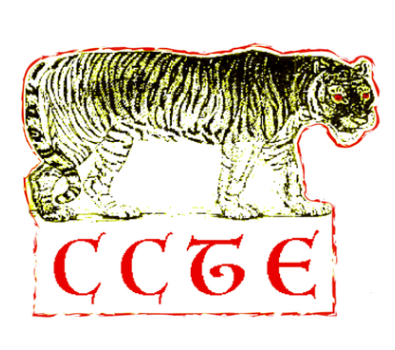Surrealisation
Surrealisation is a mode that we practise when we feel like there might be a kind of exhaustion or hopelessness in the group, or when the group has been proceeding on a very rigid or rigorous course of action for a long time without room to reflect, so much that the faculties required to engage in strategy need to be shaken back into activity.
With surrealization, we work with loose associations, dreams, things that might not be conscious, instincts, things that might not seem to go together, and we take them seriously.
In our example problem, ‘We want to teach people how to have arguments and remain commonly committed to the movement’, we might put everyone's name in one jar, and a list of topics of argument in another jar. Then we draw two names from the jar, and a topic, and allow everyone to reflect on what it would be like if those people had that argument. Then we might ask that people recount the argument as if it was a dream, giving a setting, any other characters, and the main feelings in the dream. At the end, we call for dream interpretation.
What’s the time?
in Al-Quds -
in Panama and Chicago -
in Burkina Faso -
in Scotland -
